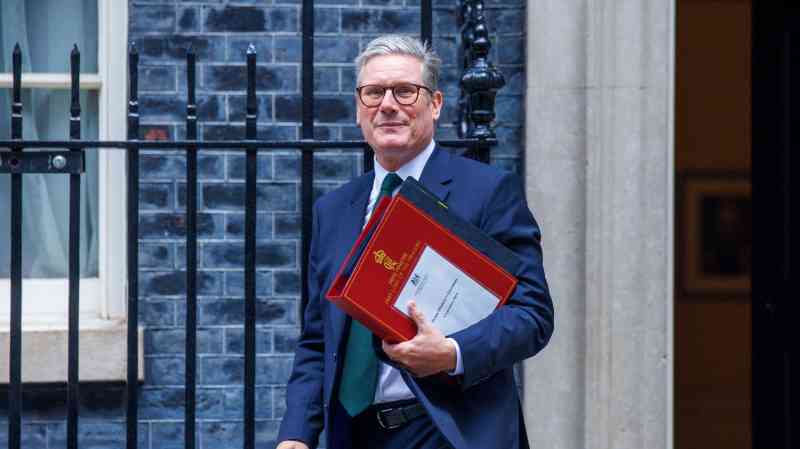Senior executives have warned that the government’s plan to raise taxes could prove a misstep if it dampens growth and encourages professionals to work abroad.
The bosses of Lloyd’s of London and CVC Capital Partners have chimed into the debate over expected tax increases after Sir Keir Starmer, the prime minister, stated that “those with the broadest shoulders should bear the heavier burden”.
Starmer’s statement has been perceived as a signal that the government could increase capital gains tax in the autumn budget, alongside previous commitments to increase tax on gains made by private equity executives.
Bruce Carnegie-Brown, the chairman of the Lloyd’s of London insurance market, said that the government risked harming its mission to drive economic growth if it misjudged tax rises and its planned revamp of workers’ rights.
“What everyone’s pretty encouraged about is the growth agenda that they’ve said is front of mind for them,” he said. “If the consequences of what they do in taxation and labour law reform dampens growth, then businesses won’t be happy. People are waiting to see what the first decisions the government makes will be in the budget coming up next month.”
Rob Lucas, the chief executive of CVC Capital Partners, the private equity firm, said that a change to the tax treatment of private equity earnings could encourage dealmakers to live and work overseas. The Labour Party has said it will end an arrangement whereby the executives of a private equity fund receive a share of profits that is taxed as capital gains at a rate of 28 per cent, rather than at the higher rate of income tax of 45 per cent.
Lucas said: “Will it influence where some people want to be based? Probably. We know our people are very flexible. They can operate out of any jurisdiction pretty effectively.”
The private equity industry has warned that changing the tax treatment of the so-called carried interest or “carry” could prompt an exodus of financial services workers from Britain and may curb investment, with some claiming that it could be as damaging to the City’s status as a financial hub as Brexit.
